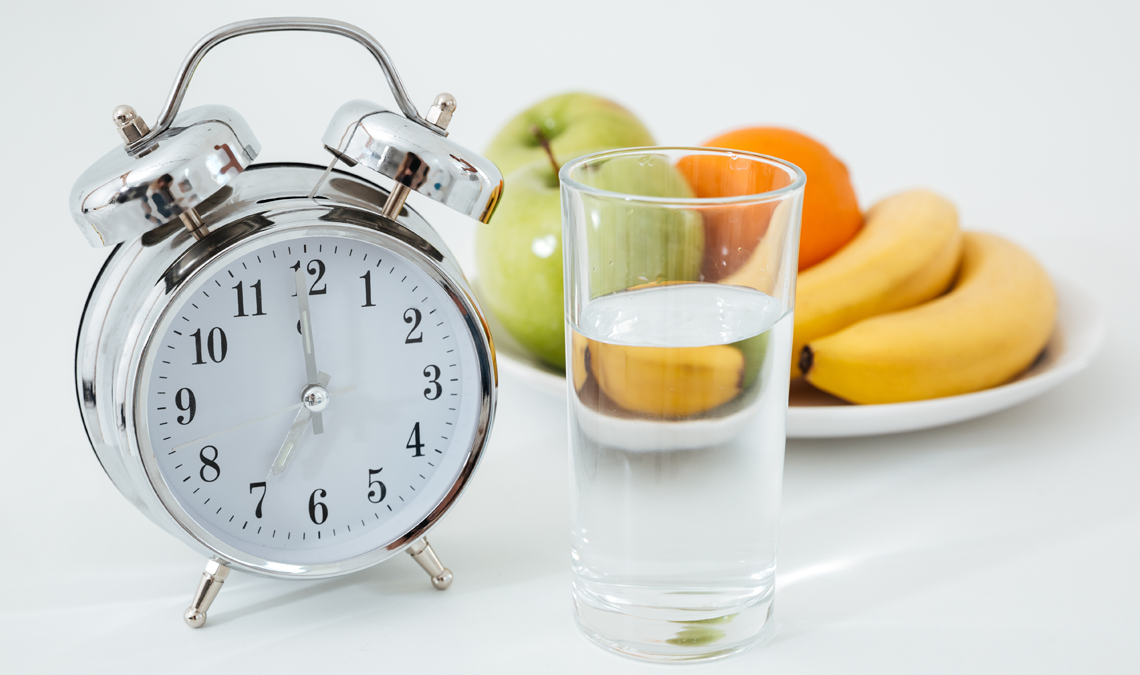Navratri is all about devotion, colour, and energy—the dance, the lights, the food (or lack of it if you’re fasting). It’s a time when our spiritual practices and our bodies collide in a very real way. But if you’re on your period, fasting during Navratri can feel like a whole different kind of tapasya. You’re navigating cramps, fatigue, fluctuating moods, and at the same time, trying to honour a ritual that asks you to restrict food (an essential at any time but especially during your period).
So, this post is for every woman who’s wondered: how do I balance fasting, faith, and my bleeding body? Let’s dive in.
The Spiritual ‘Why’ of Navratri Fasting
Navratri fasting isn’t just about skipping food, it’s rooted in purification. Traditionally, people avoid grains, meat, alcohol, and processed foods. Instead, they eat fruits, dairy, and sattvic ingredients like sabudana and kuttu. The idea is to detoxify, rest the digestive system, and raise your spiritual energy.
But here’s the thing, menstruation is already a natural process of cleansing. Your uterus is literally shedding and renewing itself. When you overlay a fasting practice on top of that, your body is doing double the work. So, the question becomes less about “Can I fast?” and more about “What does my body need while I fast?”
The Science of Menstruation & Navratri Fasting
Periods aren’t just about bleeding. Biologically, they’re about fluctuating hormones, shifting nutrient needs, and energy demands. Here’s a breakdown.
- Iron loss: Menstrual blood loss means your body needs more iron. Low iron = fatigue, weakness, dizziness. If you’re fasting without iron-rich foods, this can hit harder.
- Blood sugar swings: Restrictive fasting can destabilize blood sugar, making mood swings or fatigue worse during PMS or bleeding days.
- Hydration balance: Estrogen and progesterone shifts during menstruation affect fluid retention. Combine that with fasting, and dehydration becomes real.
- Cramping and inflammation: Your body produces prostaglandins to help the uterus contract. These are the same culprits behind cramps. Diet can worsen or ease their effects.
So, fasting while menstruating is less about religious restriction and more about knowing biology. Your body is already in a delicate balance. The right tweaks can make fasting supportive, not punishing.
For a deeper dive into fasting and menstruation, here’s everything you need to know.
Listening to Your Body (And Actually Hearing It)
Every woman’s period is different. Some sail through with barely a twinge, others are curled up with a hot water bag. But research shows that fasting during your period could cause menstrual abnormalities. So, if you decide to fast, the trick is learning to tune in. Here’s how.
- Balanced Meals: When fasting during your period, food isn’t just fuel, it’s medicine. Choose wisely.
- Iron-rich fast-friendly foods: Amaranth (rajgira), pumpkin seeds, and dates can help replenish iron.
- Magnesium for cramps: Nuts (like almonds and cashews) and seeds (like pumpkin or sesame) ease muscle tension.
- Hydrating options: Fruits like watermelon, papaya, and oranges keep you energized and hydrated.
- Protein balance: Curd, paneer, or milk with nuts can stabilize blood sugar.
- Soothing herbs: Ginger, tulsi, and fennel in teas calm bloating and cramps.
Pro Tip: Pair vitamin C foods (like guava or amla) with iron sources to boost absorption.
Here’s a guide to the best foods to eat during your periods.
- Traditional Remedies: Many women find relief from menstrual discomfort through traditional remedies. Ginger tea, for example, is known for its anti-inflammatory properties and can help ease cramps.
- Spiritual Practices: Engaging in spiritual practices such as prayer and meditation can help center your mind and body. Consider setting aside time for reflection and connection, allowing for a holistic Navratri experience.
- Community and Support: Share your experiences with friends and family who observe the festival. They may offer advice or support that can help you navigate fasting and menstruation more comfortably.
Spirituality is not about punishing your body; it’s about aligning with it. Goddess Durga, after all, is power personified. Honor her by honoring your own shakti.
- If you’re feeling lightheaded, don’t push it. It’s not “cheating” to eat, it’s respecting your body.
- If cramps are unbearable, swap fasting foods for warm, nourishing sattvic meals.
- If you’re bloated, hydration is your best friend. Coconut water, jeera water, or warm ginger tea can do wonders.
Hydration = Non-Negotiable
This bears repeating, dehydration will make everything worse—your cramps, your fatigue, your headaches. Keep sipping. Coconut water is a miracle drink, packed with electrolytes, minerals, hydration in one go. Herbal teas (ginger, chamomile, fennel) also ease discomfort.
Rest and Movement
Navratri is synonymous with dance and energy. But if your body is screaming “slow down,” listen. Resting doesn’t make you less devoted. If you want movement, try gentle yoga stretches, walking, or slow garba instead of the high-energy, all-night version. Movement can even reduce cramps, but it should feel supportive, not draining.
Community, Stigma, and Self-Permission
Let’s talk about the elephant in the room: menstruation is still stigmatized in many communities.
Some traditions discourage women from participating in rituals while bleeding. If you’re navigating this, remember, your worth isn’t diminished by biology. If you choose to step back, that’s valid. If you choose to participate, that’s valid too. The point is—you choose.
Giving yourself permission is the most radical form of devotion.
Closing Thoughts
Navratri is a festival of power, energy, and feminine strength. Menstruation is also power, your body shedding and renewing itself every month (it’s no wonder these festivals actually celebrate it!). Fasting during this time isn’t about denying one for the other, it’s about harmonizing both.
So, honour your hunger, honour your fatigue, honour your joy. Whether you fast fully, partially, or not at all, what matters is the intention: devotion to your health, your spirit, and the goddess within you.
Because let’s be real, the most divine thing you can do this Navratri is treat your body like the temple it already is.



